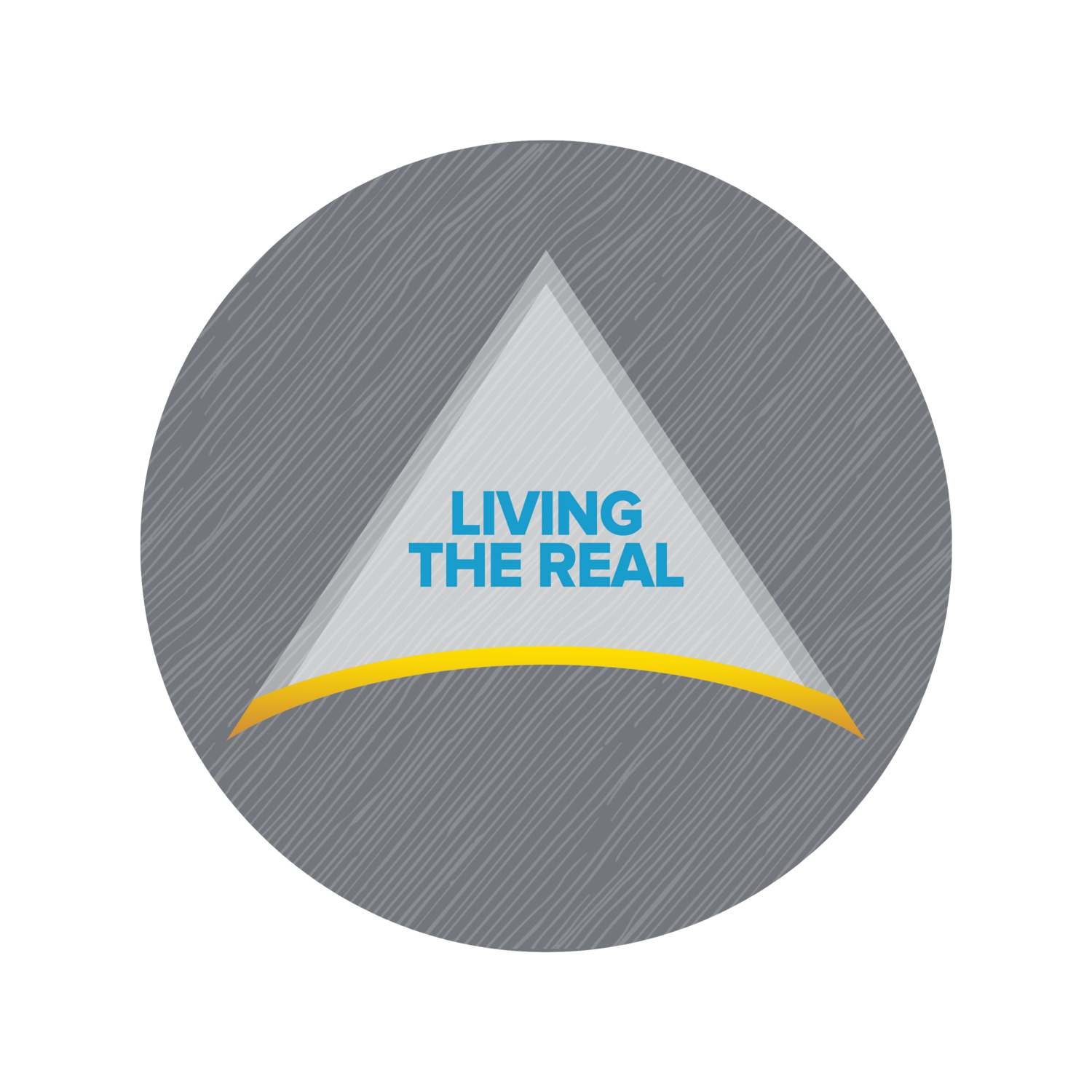When my wife and I got married, we had the unfortunate compilation of two educational loans, colliding to create an actual sum bigger than its parts. We knew we had to dress this head-on in our marriage.. Thankfully, I was already familiar with this guy named Dave Ramsey who was famous for his 7 baby steps to becoming debt free. We immediately purchased his online class which initiated our life of cash budgeting which we still practice five years later.
The greatest lesson we learned from Dave Ramsey was that if you want your dollar to have the greatest impact in your life, you need to assign every dollar to something intentional and concrete before it is spent.
Initially we thought this would make our life incredibly inflexible and rigid. Not only were we mistaken, the result was exactly the opposite. It immediately felt like we had received a fifteen percent raise. If that wasn't satisfying enough, we also felt an enormous amount of freedom knowing that all our financial responsibilities were being cared for through the month. We could spend our "recreation" money completely guilt free. If something came up, we could always renegotiate the budget in five minutes time.
What Dave Ramsey does for people financially, I do for people who are in debt to time. Nothing provokes more anxiety than seeing a laundry of things that must get done with no time to do them.
If we really want to have the best month of our life, it must start with creating a "time budget" where we become more intentional about how we spend our time.
I have often heard, "I don't like that kind of structure. I don't want to be held to a schedule. I want to be able to be free to do what I want to do." The irony is that those same people never end up doing anything they really want to do. In the same way that budgeting puts you in control of your money rather than money in control of you, by budgeting you now control your time rather than time being in control of you.
So, if you are tired of looking back month after month with regret, wondering if you did anything meaningful, then it is time to make a change. These five steps, I believe, will feel like you have earned a a fifteen percent raise in your time.
Step One: Allocate Time to The Important Stuff First
It is amazing how our calendars fill up with meetings and obligations before we even get to plan our our day. The best way to prevent this is to allocate time to the important things first, before a day is filled with the other less important things .Before the month begins, assign dates and times to the important things of your life. Carve out time for exercise, prayer/meditation, reflection, reading, relationships, and recreation. Once inserted into your calendar, these events become immoveable barring real emergencies.
If you have a family, make sure this approach is shared by your spouse and children. In that way, your family will operate from the same basis. By the time you have finished your monthly overview, you should be excited because it includes plenty of time for yourself, family (i.e. date nights, family excursions), friends, and anything else in which you may want to invest your creative energies.
Step Two: Fill In Daily Blocks of Time for Your "One Thing”
While we haven't spoken about what your "one thing" is, don't worry. For now, just block out an uninterrupted time each day (or at least each workday) for doing some creative work. (Again, don't worry about the content of this yet.) We are reserving this time now so that no one or nothing else takes its place and priority. This block of time should be at least two hours with four hours being the ultimate goal. All the calendar event needs to say is "One Thing."Step Three: Determine Three Outcomes for the Month
Now that our time for the month has been protected, let’s think about what we would like to get out of this month. What are three results you would like to see by the end of this month? The goal is to have only three per area of responsibility. Generally, try to keep areas of responsibility broad enough not to exceed three for this purpose (i.e. personal and work).Step Four: Narrow the Lens with Three Outcomes for the Upcoming Week
Now that we have a frame for the month, let's look at JUST this upcoming week. In light of the three outcomes above, what are three outcomes for the week that you would like to see which help fulfill the outcomes for the month?Step Five: Determine the One Thing for Tomorrow
It is always helpful to review your calendar for the next day the night before. In that way, you are not not blindsided by time specific obligations. This is a time too for setting setting any additional reminders for events to ensure smooth and stress-free meetings, and transitions between meetings. I write more about this habit in another post here.In reviewing your calendar, this is also the time to review your tasks for the following day. In particular, this is a time to determine what your "one thing" is going to be. Find something that requires creativity and needs a block of time investment. Never use the "One Thing" time block for administrative work. This is all about investing in something great that you never have time for. You do now!
Alright, let's do a quick review:
- Before the month begins, assign times and days to all the important things in your life (i.e. reflection, recreation, relationships, etc.). These are immoveable.
- Assign general blocks of time for your daily "One Thing," not worrying about the content yet.
- Determine three outcomes for the month.
- Determine three outcomes for the week.
- Review next day’s calendar and tasks, and assign the one thing for tomorrow.
With the holidays in our midst, now more than ever is the time to begin working on this life changing habit! I would love to hear feedback at the end December about how your month was different because of this.
Of course, if you have any questions don't hesitate to leave a comment. I would love to help to make this December the best month ever!!














